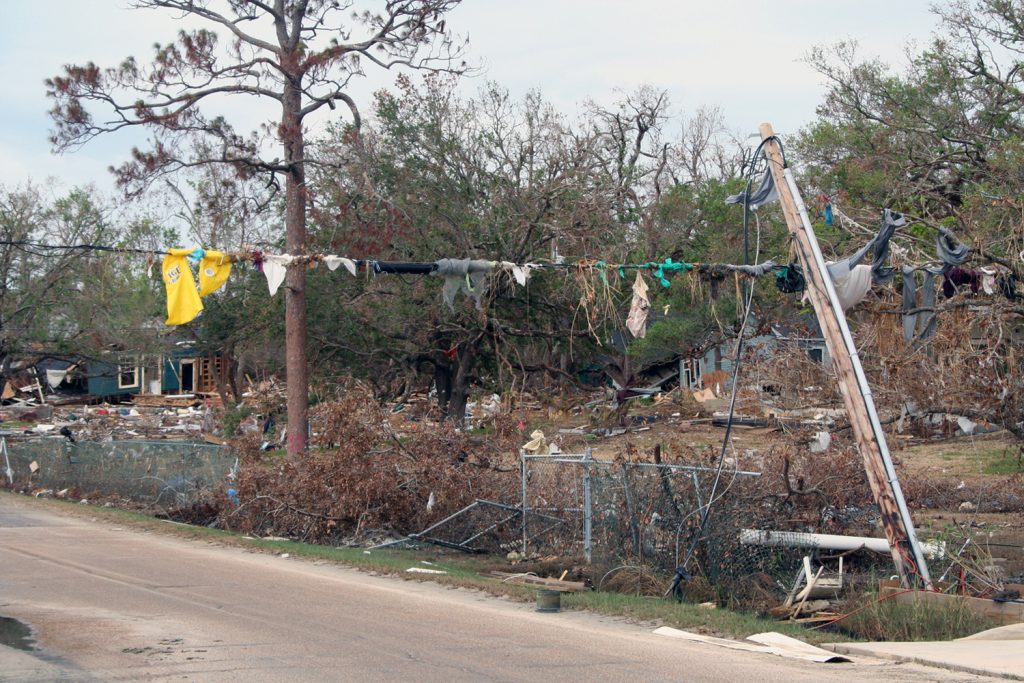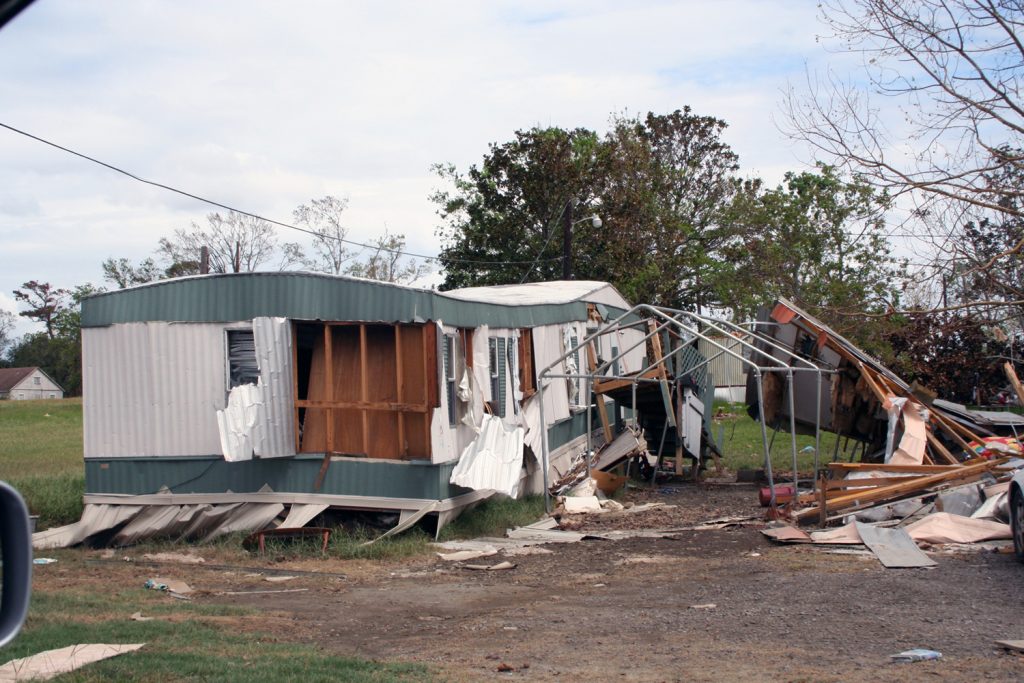 Res Judicata, also known as claim preclusion, is a Latin term that literally means “for a matter judged.” In the legal system, res judicata is a doctrine that prohibits a second lawsuit from being filed for a matter that has already been judged or decided on the merits. Once parties to a lawsuit have had the opportunity to be heard by the court and the court rules on the claims asserted in the lawsuit, those parties are generally not ever again allowed to bring a lawsuit against the same parties for the same claims that arose from the same transaction or occurrence.
Res Judicata, also known as claim preclusion, is a Latin term that literally means “for a matter judged.” In the legal system, res judicata is a doctrine that prohibits a second lawsuit from being filed for a matter that has already been judged or decided on the merits. Once parties to a lawsuit have had the opportunity to be heard by the court and the court rules on the claims asserted in the lawsuit, those parties are generally not ever again allowed to bring a lawsuit against the same parties for the same claims that arose from the same transaction or occurrence.
Res judicata prohibited a Mandeville, Louisiana man, George Cepriano, Jr., from being allowed to file a lawsuit against Lowe’s Home Center (Lowe’s). But, Mr. Cepriano, never personally filed the first lawsuit against Lowe’s. Mr. Cepriano’s lawsuit against Lowe’s was not barred solely due to res judicata, but due to an already adjudged class action lawsuit of which Mr. Cepriano was a class member. A class action lawsuit permits one or more people to bring a lawsuit on behalf of all class members. A class action ruling results in a res judicata blanket application for all members of the class.
Mr. Cepriano’s journey to the Louisiana First Circuit Court of Appeal began after he bought a newly built home in Mandeville, Louisiana. About two years later, while trying to sell the home to a potential buyer, Mr. Cepriano learned the home was manufactured with defective Chinese-made drywall. Mr. Cepriano filed a lawsuit against Diamond Investments of Louisiana, L.L.C., the property seller, and B Square Builders, L.L.C., the contractor/builder, and Lowe’s.
 Louisiana Personal Injury Lawyer Blog
Louisiana Personal Injury Lawyer Blog


 The difficulties of certifying a class for a class action lawsuit were highlighted in a case in which an Orleans Parish resident, Michelle Albe, disputed a speeding ticket imposed by the City of New Orleans Automated Traffic Enforcement System (“ATES”). Ms. Albe’s challenge was based on the wording of a delinquency notice she received, which contained the threat of ‘possible jail time’. Ms. Albe sought to include all recipients of the delinquency notice in a class action.
The difficulties of certifying a class for a class action lawsuit were highlighted in a case in which an Orleans Parish resident, Michelle Albe, disputed a speeding ticket imposed by the City of New Orleans Automated Traffic Enforcement System (“ATES”). Ms. Albe’s challenge was based on the wording of a delinquency notice she received, which contained the threat of ‘possible jail time’. Ms. Albe sought to include all recipients of the delinquency notice in a class action.  Class action lawsuits are nontraditional litigation procedures. The ultimate purpose is to not only get relief for a defined class of persons but also a relief for all others similarly situated. See
Class action lawsuits are nontraditional litigation procedures. The ultimate purpose is to not only get relief for a defined class of persons but also a relief for all others similarly situated. See  If you are the victim of a tort, sometimes the damages can have lasting effects. For example, a toxic chemical spill can have negative health effects on anyone drinking contaminated water far beyond the time and date of the actual spill. There is a legal doctrine called continuing tort theory that can provide some relief in such a case. However, some Fisherville neighborhood residents in Lake Charles, Louisiana recently discovered in their negligence suit against Union Pacific Corporation (“Union Pacific”) that continuing tort theory does not apply to injuries suffered from a past accident where reasonable remedial efforts have been made. The Louisiana Third Circuit Court of Appeal affirmed the Trial Court’s decision to grant Union Pacific’s motion for partial summary judgment, thereby dismissing the case.
If you are the victim of a tort, sometimes the damages can have lasting effects. For example, a toxic chemical spill can have negative health effects on anyone drinking contaminated water far beyond the time and date of the actual spill. There is a legal doctrine called continuing tort theory that can provide some relief in such a case. However, some Fisherville neighborhood residents in Lake Charles, Louisiana recently discovered in their negligence suit against Union Pacific Corporation (“Union Pacific”) that continuing tort theory does not apply to injuries suffered from a past accident where reasonable remedial efforts have been made. The Louisiana Third Circuit Court of Appeal affirmed the Trial Court’s decision to grant Union Pacific’s motion for partial summary judgment, thereby dismissing the case.
 Class actions can be complex cases that lead the parties involved to appeal many of the decisions of the trial court. Sometimes the appeals court will determine that certain issues need more review at the trial court level prior to any decisions being issued on their part. A recent case out of Orleans Parish, involving a class action lawsuit for claims of improper insurance claim handling and delay of repair claims discusses the limits of what is proper for appeals court in Louisiana to review.
Class actions can be complex cases that lead the parties involved to appeal many of the decisions of the trial court. Sometimes the appeals court will determine that certain issues need more review at the trial court level prior to any decisions being issued on their part. A recent case out of Orleans Parish, involving a class action lawsuit for claims of improper insurance claim handling and delay of repair claims discusses the limits of what is proper for appeals court in Louisiana to review. Hurricane Katrina wreaked havoc on Louisiana in 2005. As a result of the storm insurance claim litigation continued on for years thereafter. In Louisiana there are short deadlines for filing a lawsuit if you believe you were treated unfairly by your insurance company. If you do not file your lawsuit on time you might be met with a Motion to Dismiss, as was Lionel Williams who sued Louisiana Citizens Property Insurance Company for claims of mishandling of his Hurricane Katrina insurance claims.
Hurricane Katrina wreaked havoc on Louisiana in 2005. As a result of the storm insurance claim litigation continued on for years thereafter. In Louisiana there are short deadlines for filing a lawsuit if you believe you were treated unfairly by your insurance company. If you do not file your lawsuit on time you might be met with a Motion to Dismiss, as was Lionel Williams who sued Louisiana Citizens Property Insurance Company for claims of mishandling of his Hurricane Katrina insurance claims.